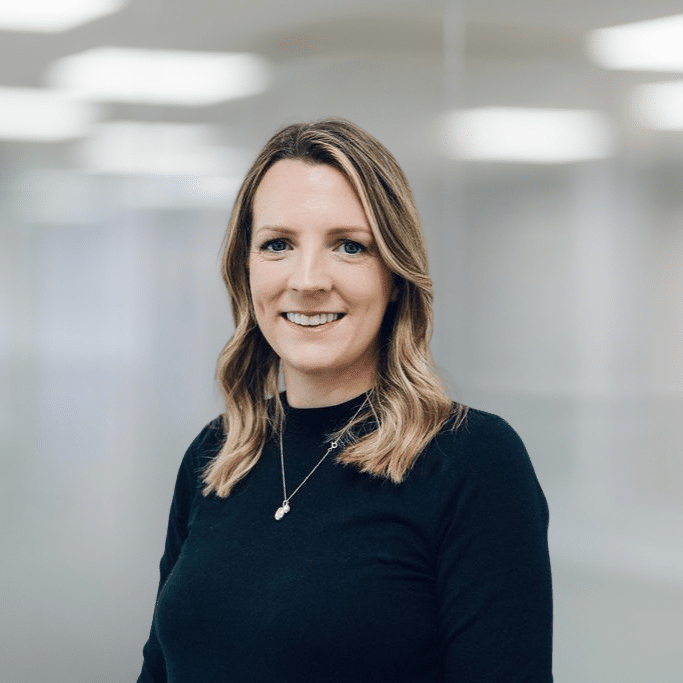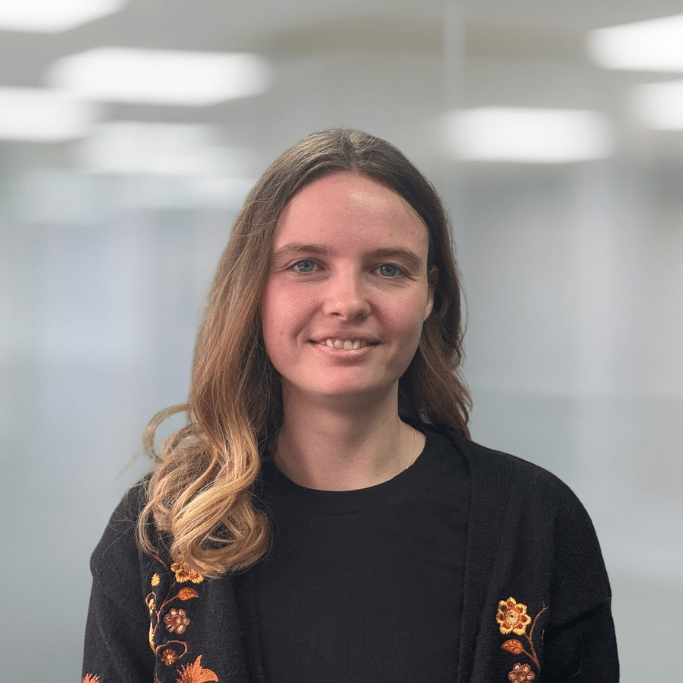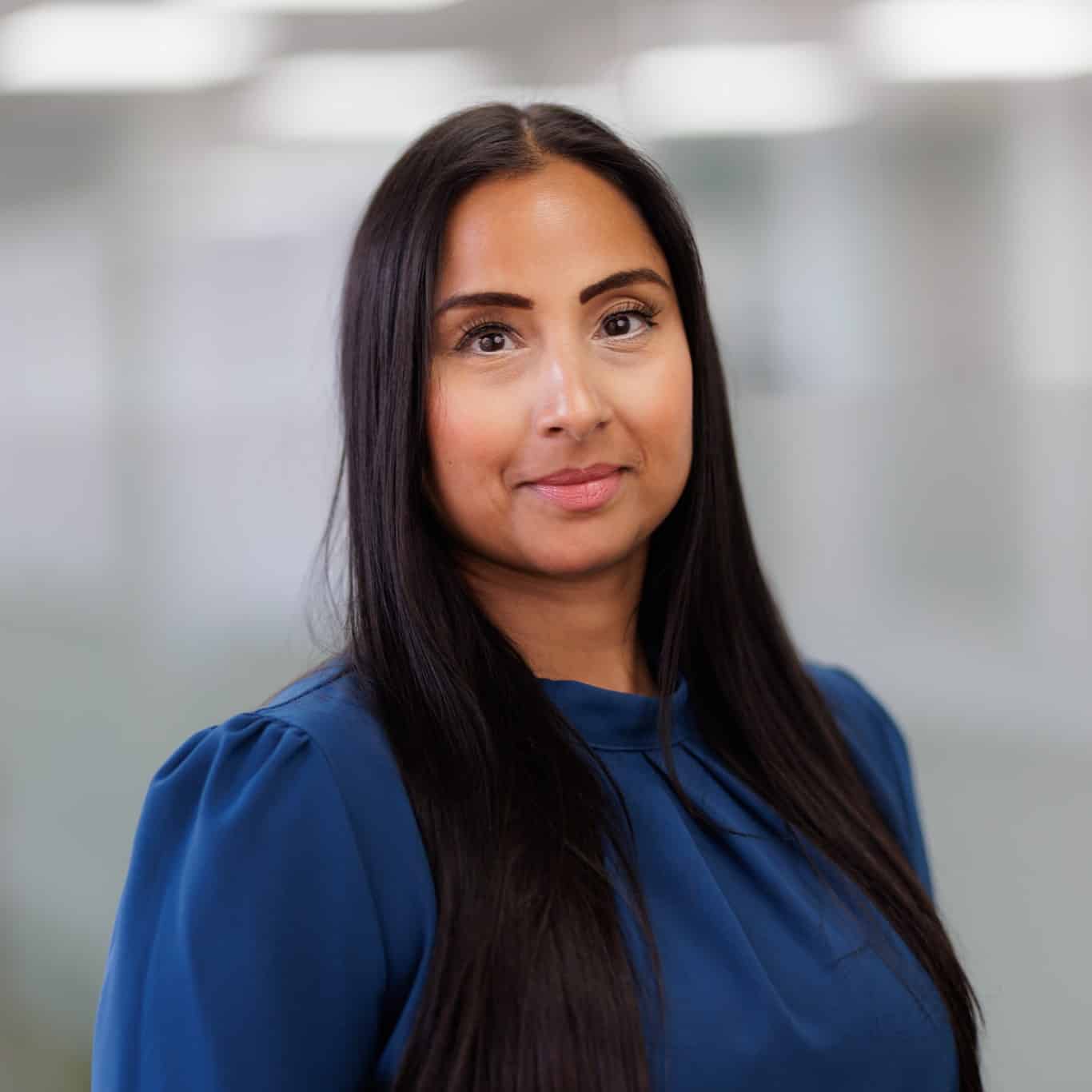July 31, 2023
By Siobhan Williams
The UK government has recently announced that work has commenced on developing a voluntary code of practice for copyright and artificial intelligence (AI). The code will aim to overcome barriers that AI firms and users currently face, and ensure there are protections for rights holders. It comes at a time when the issue of IP rights and AI development has hit the headlines in recent weeks; most noticeably in the film and music industries.
Artificial intelligence (AI) systems can now be prompted to produce text, images and sounds. For instance, AI tools can be used to create paintings that reproduce the same style of well-known painters or make voices sound like famous singers. The rise in the use and development of AI systems has prompted questions (and often resulted in disputes) about how this output may be protected by copyright and whether it should be protected.
Originality
UK copyright law protects original literary, dramatic, musical or artistic works along with sound recordings, films and broadcasts. A literary, dramatic, musical or artistic work must be “original” in order to qualify for UK copyright protection. In the UK, this generally means that the author must have created the work through their “own skill, judgment and individual effort” and that it is not copied from other works. EU case-law also introduced the notion that the work must be the “author’s own intellectual creation”.
Whichever test is taken as to originality, it is likely to be necessary for a human to have exercised some control over the creative process that resulted in the work in question. This concept of originality is arguably a significant hurdle for AI-generated material. A detailed analysis of the creative process that led to the formation of the work would be required on a case-by-case basis. It would likely have to be shown that the form of the AI-generated work was a result of human intellectual skill and effort.
Authorship
For literary, dramatic, musical, or artistic works to be copyright-protected, there is a further requirement for the works to have originated from one or more identified “authors”. The question of authorship is intrinsically linked to the examination of originality and creativity. At present, there is no clear model of authorship for AI-generated works.
Some may argue that AI-generated works can have no author. Alternatively, it may be argued that the author is the creator of the AI tool – having developed and trained the AI system. A user of an AI tool may also argue that they are the author if they created a work using the system; having given the AI system creative instructions.
As the use of AI systems increases, legal clarity as to authorship is becoming ever more required. The are also strong policy grounds for a clear model of authorship; primarily to promote and reward investment in creating and maintaining AI software and technology.
Data mining and copyright infringement
One of the ways in which AI can learn to paint in the style of well-known painters or imitate musicians’ voices is by being trained on large amounts of data, known as ‘text and data mining’ (TDM). This is the process of extracting information and discovering patterns in large data sets using technological methods. It can involve the analysis of text, images and sound recordings.
Copyright infringement occurs when there is copying of a whole of, or a substantial part of, a work protected by copyright. Even if holders of copyright materials find it difficult to bring actions for copying by reference to the materials generated by the AI tools, they may be able to bring actions for copying of the training data itself (the input material).
The Copyright, Designs and Patents Act 1998 provides limited exceptions to copyright infringement. One exception allows TDM of copyrighted works for non-commercial purposes, provided that the user has lawful access to the work such as via a licence. The UK government is currently considering expanding the scope of that exception to enable TDM of works protected by copyright for any purpose. The rationale being that this would stimulate innovation in technology and AI in the UK. However, these proposals have drawn criticism from rights holder groups.
Government’s proposed code of practice
The UK government has commenced work on a voluntary code of practice for copyright and AI to make licences for data mining more available. Representatives from the technology, creative and research sectors have formed a working group. The working group, chaired by the Intellectual Property Office, hopes that the voluntary code of practice will set out commitments and expectations in relation to AI firms’ use of protected material and the right holders who own protected material. The government expects parties to enter into the final code of practice on a voluntary basis. If the code of practice is not adopted or agreement is not reached, legislation could be considered.
Summary
The emergence of AI systems has created much debate as to whether AI-generated works can, and should, be protected by copyright. Issues surrounding originality and authorship remain the main barriers to copyright subsistence in AI-generated works. The government hopes to address some of these issues by developing a balanced and pragmatic code of practice. It is hoped that such a code would enable both the AI and creative sectors to grow in partnership.
If you require assistance with any of the above, please contact a member of our corporate team, Siobhan Williams via email on swilliams@darwingray.com or via telephone on 029 2082 9124 for a free initial chat to see how we can help you.
 Copyright and AI: why is a code of practice required?
Copyright and AI: why is a code of practice required?















































